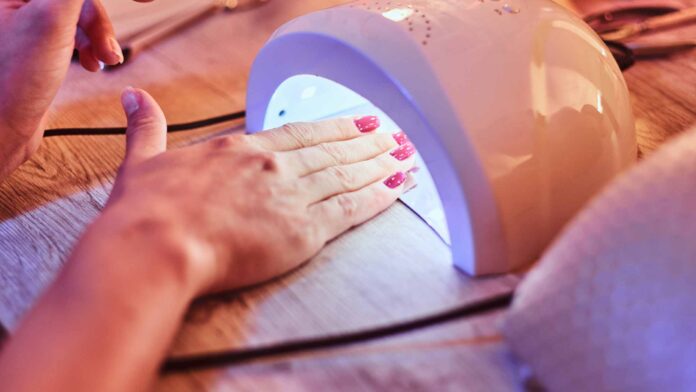Are you someone who finds themselves biting their nails constantly, not just when you’re nervous or bored, but as a habit that you can’t seem to break? You may be wondering if nail biting is more than just a bad habit – could it be a mental issue?
Nail biting, also known as onychophagia, is a common habit that affects people of all ages. While many people bite their nails as a way to cope with stress or anxiety, some individuals find themselves biting their nails unconsciously, even when they’re not feeling particularly anxious. This behavior can be destructive to the nails and surrounding skin, leading to infections, pain, and embarrassment.
But is nail biting a mental issue? The answer is not so clear-cut. While nail biting can be a symptom of an underlying mental health condition, such as anxiety, obsessive-compulsive disorder (OCD), or attention deficit hyperactivity disorder (ADHD), it can also be a standalone habit that is not necessarily indicative of a mental health problem.
If you find that your nail biting is interfering with your daily life or causing you distress, it may be worth seeking help from a mental health professional to determine if there are underlying issues contributing to your behavior. They can provide a proper diagnosis and offer strategies to help you manage your nail biting habit.
In the meantime, here are some practical tips to help you kick the nail biting habit:
1. Keep your nails trimmed short to reduce the temptation to bite.
2. Find healthier ways to cope with stress and anxiety, such as deep breathing exercises or mindfulness techniques.
3. Wear gloves or adhesive bandages on your fingertips to make it harder to bite.
4. Reward yourself for not biting your nails, such as with a manicure or a new nail polish color.
While nail biting can be a challenging habit to break, with time and effort, it is possible to overcome. By addressing any underlying mental health issues and developing healthy coping mechanisms, you can take control of your nail biting habit and improve the health of your nails and skin.
In conclusion, nail biting can be a complex behavior that may have both physical and mental components. By seeking help from a mental health professional and implementing healthy coping strategies, you can work towards breaking the nail biting habit and improving your overall well-being. Remember, you’re not alone in this journey – there are resources and support available to help you overcome nail biting.












